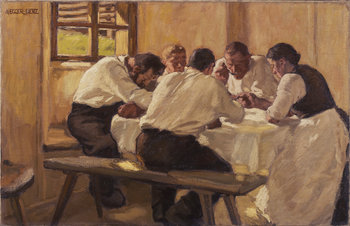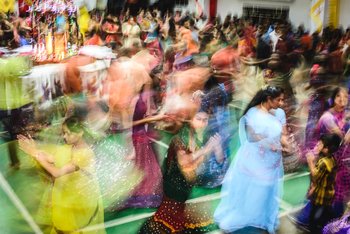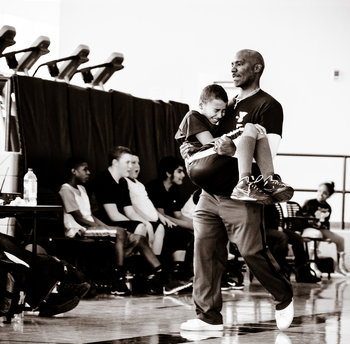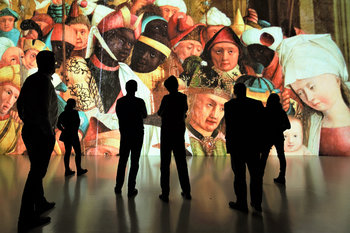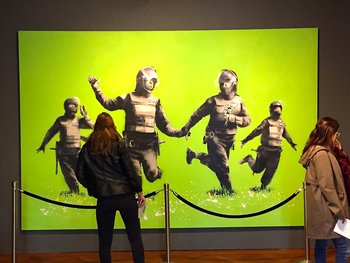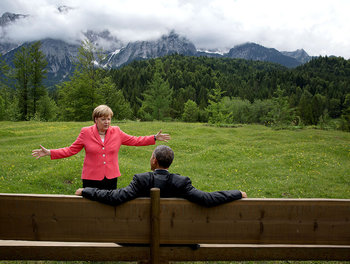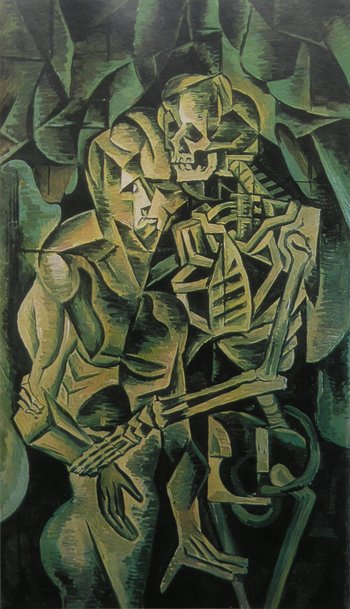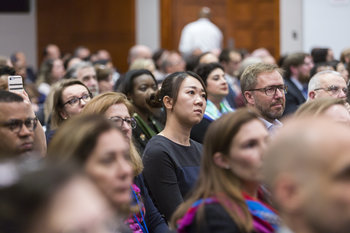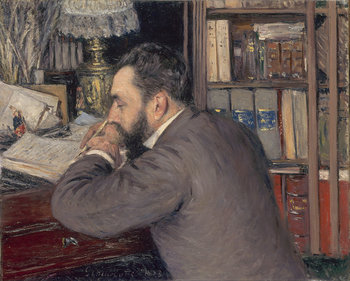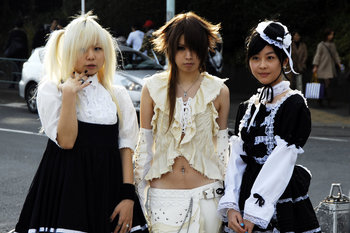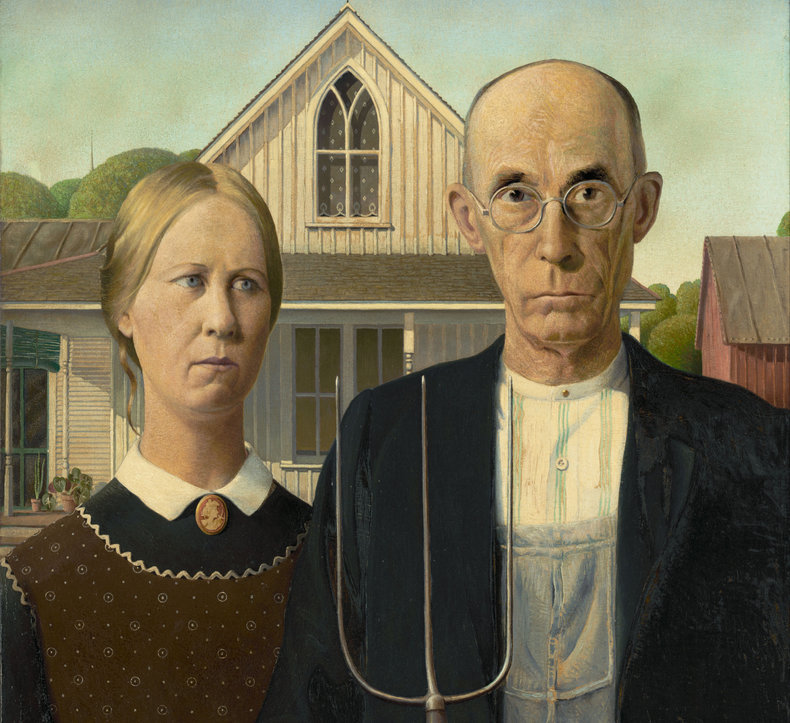
Values
Values such as the idea that America values freedom.Symbols
Meaning attached to symbols by a culture such as the mores that people show respect for a national flag.Beliefs
Shared beliefs such as a culture that believes in a deity.Exceptionalism
It is common for national cultures to believe that the nation is exceptional. For example, the historical belief that Japan is the only country that has four seasons. This is still a surprising persistent belief to this day in Japan that some people still hold but is perhaps no longer a mores.Morals
Mores and morals come from the same root word, the Latin moralis. It is a common mistake to equate the two. Morals are principles of right and wrong. Mores can apply to questions of tradition, expectations and routine that aren't questions of right and wrong. However, morals can be mores and vice versa. For example, the moral principle that children have a right to play.Cultural Universals
Mores can be common across cultures or can be a universal feature of culture. For example, the practice of giving each person a name.Customs
Customs such as the practice of having a funeral when someone passes away.Politeness
Principles of politeness such as the idea that you should help people to save face where you can. This is often important in collectivist cultures.Etiquette
Technical rules of politeness such as the modern mores that you cough or sneeze into your elbow if you don't have a tissue.Expectations
Shared expectations such as the expectation that a job will provide days off and holidays.Hygiene Factor
A hygiene factor is an expectation that doesn't make an individual happy if it is met but makes them very unhappy if it's not met. For example, the mores that a flight will at least provide free water. This will not improve customer satisfaction if met but will dramatically reduce it if not met.Roles
Roles such as historical mores related to the roles of men and women. For example, the expectation in many cultures that men must be willing and prepared to sacrifice their lives to protect a nation, women and children in the context of danger or war.Identity
Prevalent ideas about the identity of a nation or culture. For example, the idea that a monarch is an important traditional role and symbol of a nation.Myth
Myths are stories that are important to a culture such that people find meaning in them. This should not be confused with the common usage of the term to mean "incorrect information." For example, the story of the founding of a nation that is important to its identity.Traditions
Traditions such as praying before a meal.Pastimes
Shared experiences that are expected and valued. For example, a national holiday.Mores vs Norms
Mores and norms have much the same meaning with the difference being that mores are necessarily tied to national and traditional cultures and are commonly internalized. Norms can be weaker and more flexible. They can extend from a national or traditional culture but can also extend from small or overlapping cultures such as the culture of a neighborhood, punk rock subculture, culture of sport or culture of an organization. Mores are always norms but norms aren't always mores.Another major difference better mores and norms is that mores are sometimes encoded into law whereas the term norm implies social enforcement. Mores can include the fundamental moral principles of a society upon which laws are based.Mores | Norm | |
Definition | Values, rules and meanings that are widely internalized by a national or traditional culture. | Values, rules and meanings that are recognized by a culture, subculture or super culture. |
Example | Beliefs about marriage. | The expectation that you arrive on time for meetings within a particular team culture. |
Enforcement | LawsRegulationsSocial Pressure | Social Pressure |












